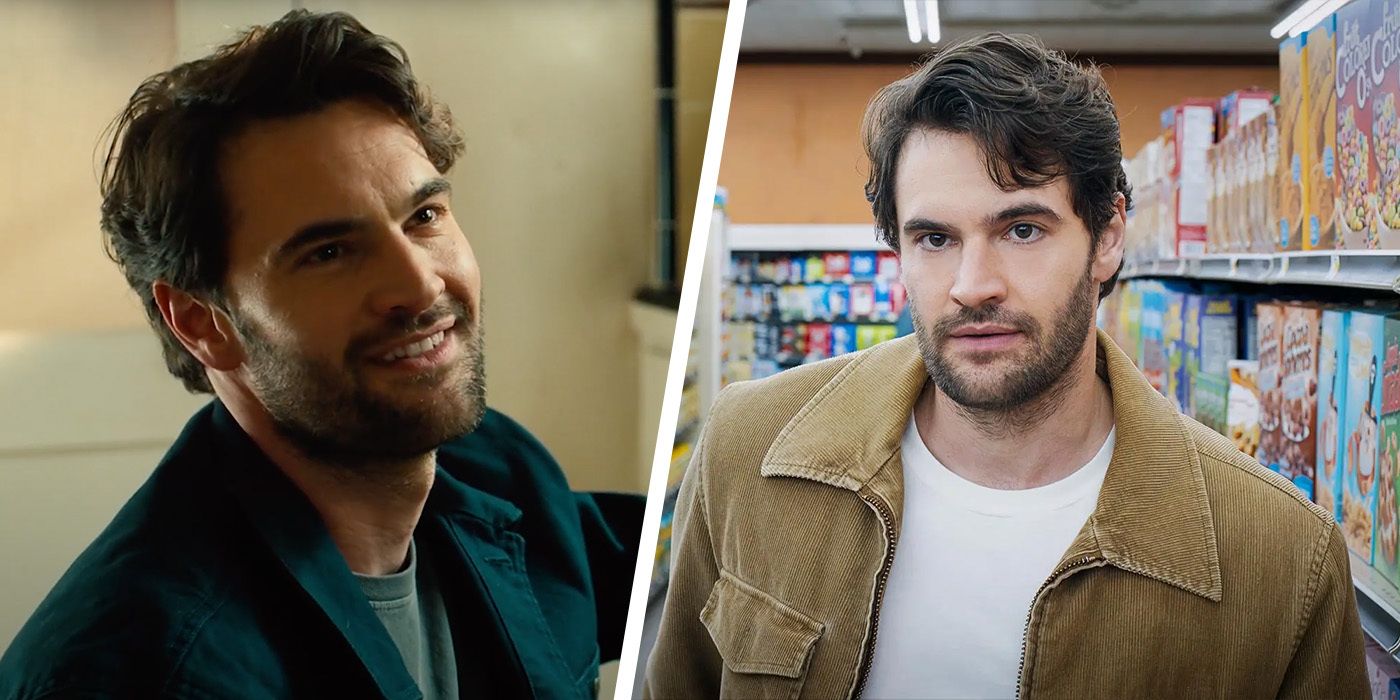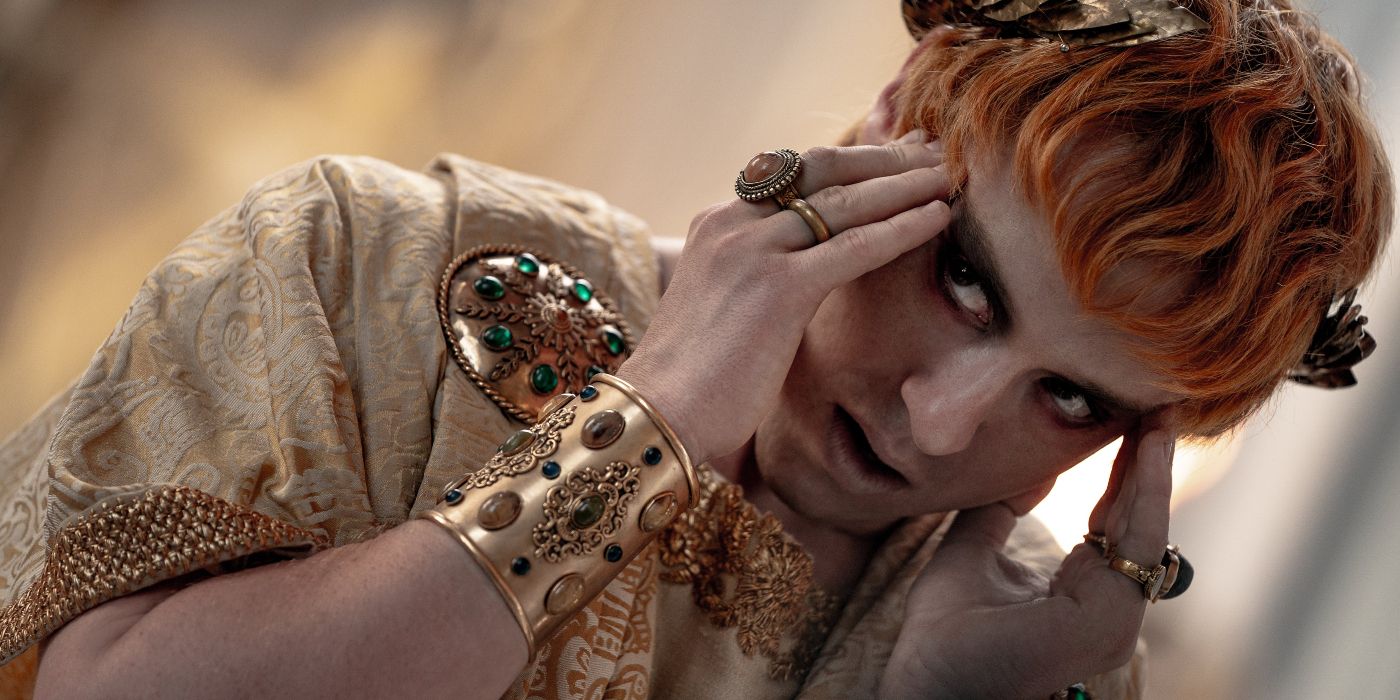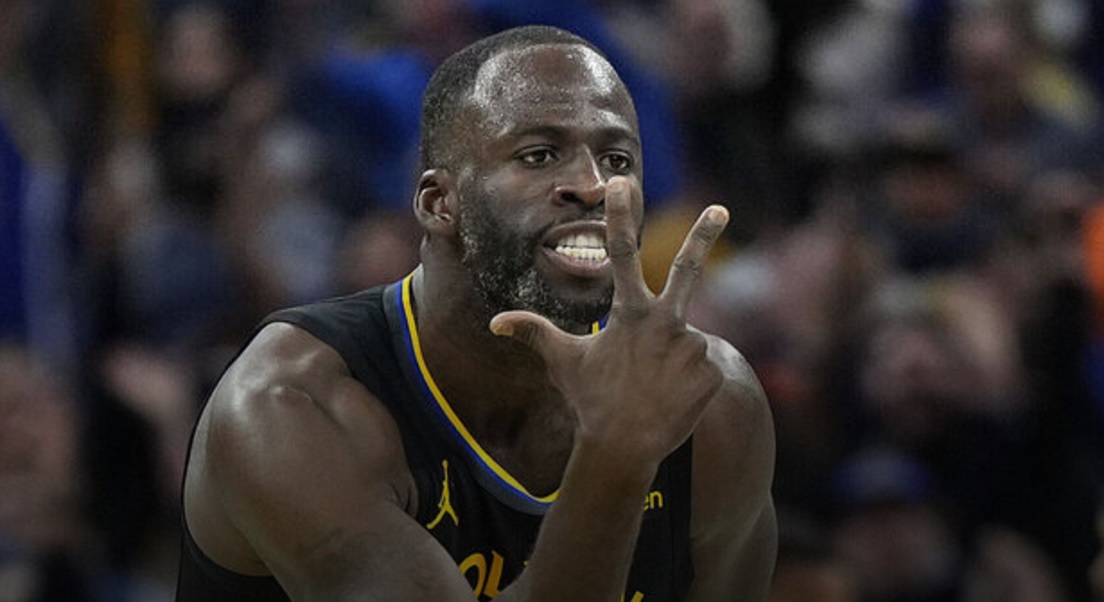While directing offered Poitier greater freedom, allowing him to recalibrate his stately exterior for dirtier, more colorful avenues, he was not granted total autonomy. As the quintessential “bring him over to dinner for the parents” Black movie star, one conscious of how his choices could either adversely or progressively affect other Black performers, he could never take the darker roles offered to younger, future actors. “I felt very much as if I were representing 15, 18 million people with every move I made,” he once wrote. Poitier walked so many, many others could run.
After directing and starring in “A Piece of the Action,” Poitier took an extended hiatus from acting. In that time he settled in with his new wife Joanna Shimkus (they were married in 1976 following the actor’s divorce from Juanita Hardy and his nine-year affair with Diahann Carroll) and added two new daughters—Anika and Sydney Tamiia—to his four children (Beverly, Pamela, Sherri, and Gina) from his previous marriage. He would return to acting in 1988 with “Shoot to Kill” and “Sneakers” (a film that perfectly combined his sophisticated aura with his underrated comedic chops).
Among Poitier’s many gifts—his dashing good looks, his immeasurable talent, and singular screen presence—he was given the gift of time. He watched as the industry that once gasped at a Black man in a relationship with a white woman, or an African American slapping a white guy, or a Black man with the force to establish his humanity, gave way to greater lead roles, and more varied stories concerning, starring, and directed by Black folks.
That change was no more felt than in 2002, when Poitier received the Academy’s Lifetime Achievement award. On that same night, 38 years after Poitier’s groundbreaking Oscar win, Denzel Washington became the second Black man to win Best Actor and Halle Berry became the first Black woman to win Best Actress. It’s fitting then that in the last few months both Washington and Berry, the two clearest links to Poitier, have starred in and directed their own films, winning the same kind of creative space and autonomy he fought so hard to achieve. “I’ll always be chasing you, Sidney. I’ll always be following in your footsteps. There’s nothing I would rather do, sir,” explained Washington in his acceptance speech for “Training Day.” Washington said it perfectly. We’re all still following in the footsteps of the man they called Sidney Poitier.
You can view the original article HERE.




























